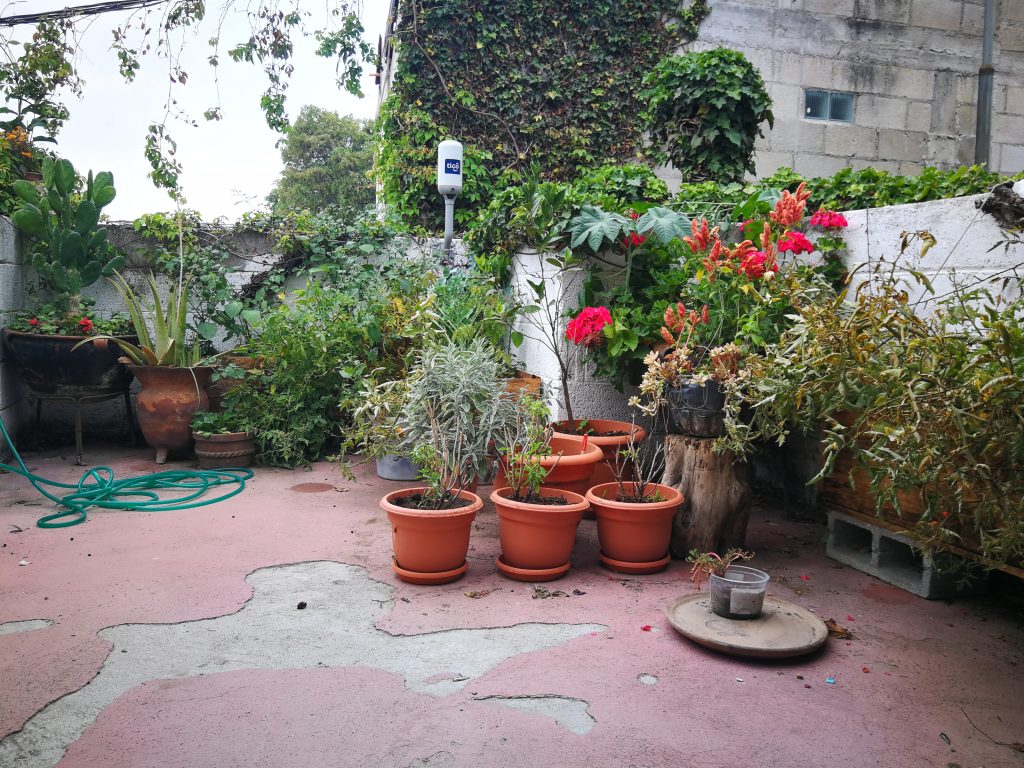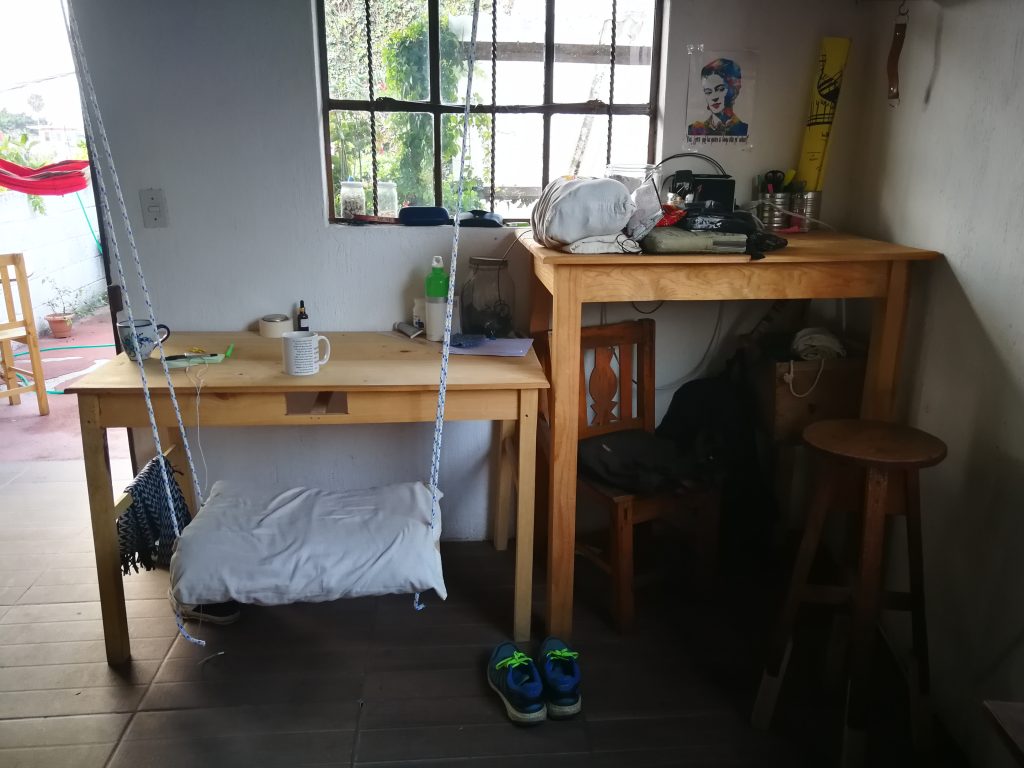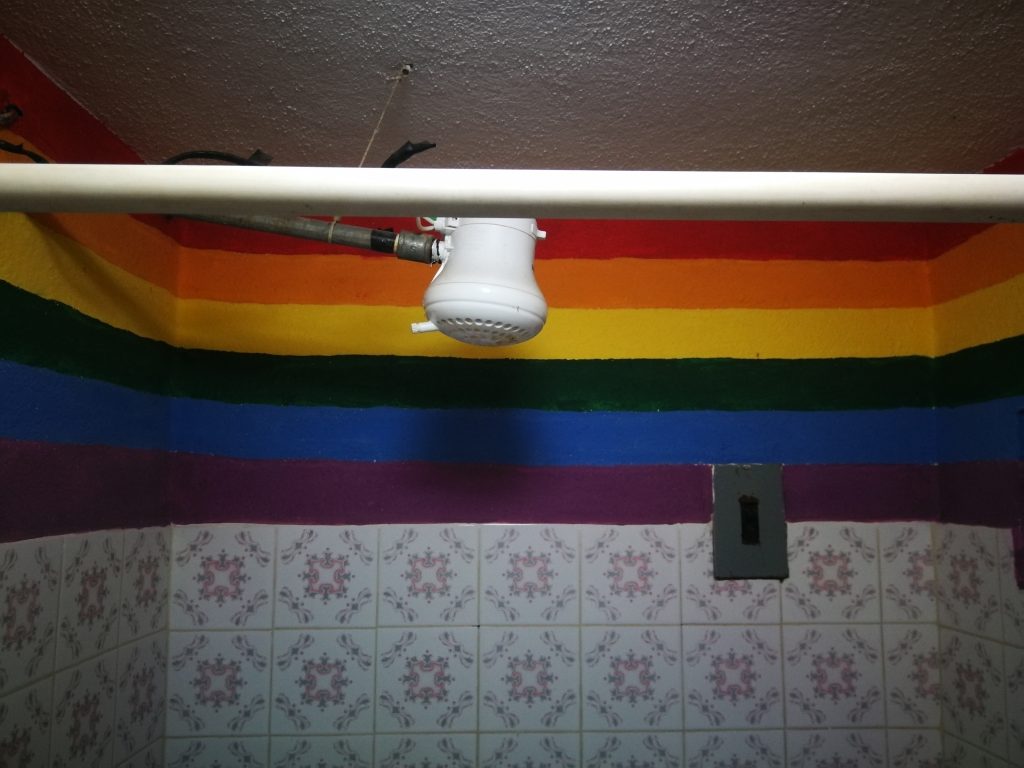Introducing Madre Hipster
“Have you ever thought you would live a life like this?”, I ask my German flatmate, Jess, while sipping a cup of tea at midnight and gazing with awe at the Milky Way interwoven with the volcanic landscape of Lake Atitlan. She replies “No, but I’ve always hoped for it.” Our little exchange is symbolic of what might happen if you fully open your heart and mind to the unexpected. Of course, there are no guarantees of success in pursuing a lifestyle outside the socially prescribed 9-5 model. On a bad day, when Jess felt disheartened by the obstructive nature of international development, she’d state with resignation “I bet I must have been Hitler in my previous life!” However, we would quickly sober up from the temporary trance of self-victimisation that we all fall into from time to time. Instead, we would challenge each other to explore our skills, privileges, and respective responsibilities in the creation of a world that might, perhaps, be a little better every day. History loves irony, doesn’t it? I mean, what is a Polish guy doing living with a German scientist, some eighty years after World War II, working in a developing country that is awakening from the impact of a recent civil war, struggling with rampant corruption, and the resulting inequality…? The answer is – learning about yet another aspect of wholesome living.

La Madre Hipster is naturally inquisitive
When the pandemic kicked in, Jess and I decided to move in together for a year to ride Covid out. Well, it’s still here as our planet is grappling with many other challenges that I’m sure keep some of us awake at night. Over the course of the last year I had the opportunity to learn about climate change mitigation in the most practical of ways. Don’t worry, I’m not going to preach about stuff that you’ve probably heard about in your high school science class. The lessons I’ve received were straight from the source personified by La Madre Hipster, as we endearingly like to call Jess with our friends. She is ahead of the hipsters that wear tight fittin jeans and drink skinny soya lattes while buying their extortionately expensive organic, GMO-free vegetables at various Farmer’s Markets of San Francisco. Originally trained as a mechanical engineer, Madre Hipster is very pragmatic and knows how to hack into some serious problems such as climate change. Jess is a blend of a badass geophysicist specialising in magnetism and a non-conformist social activist. Well, who claims they want to die in a climate protest at eighty something wielding a banner saying “I still can’t fuck*** believe I’m protesting for this”. Jess combines academic rigour with her edgy entrepreneurial nature, which makes her slightly argumentative at times. Well, there is not growth without disturbance. Interestingly, we are both children of the Eastern Block and share many cultural similarities, such as memories of the soviet propaganda, the unforgiving cold of the outside toilets in the harsh winters of the mid eighties and the omnipresent potatoes that would accompany almost every meal.
Well, enough of sentimental reminiscing. Let’s explore some of the life hacks and lessons offered by Madre Hipster. I’ll do it first visually by showing some inspiring or practical solutions to living a sustainable lifestyle. Of course the second part will introduce you to some psychological theory that happens to be handy when pondering climate change denial.
Life hacks by Madre Hipster
Try to grow something…

Supposedly hipsters tend to eat organic, right? Well, the very process of growing something may increase your awareness of the relationship between what is on your plate and the environment. For those of you who grew up in the countrside, this is not big deal. If you are a city dweller, you may feel disconnected from the nourishing forces of nature. Try to grow anything and see what happens.
Feel like a wizard in your kitchen…

The whole kitchen set up is simple and based on recycling. Soak used jars in water for 24 h to get rid of the those nasty labels. Use them to create a set of vials and flasks to store your spices in the service of culinary witch craft. Consider going vegan – isn’t this popular amongst hipsters? Researchers from Oxford University found that cutting meat and dairy products from your diet could reduce an individual’s carbon footprint from food by up to 73 per cent.
Make your own recycling system…

Do not shy away from using the simplest solutions. If Madre Hipster can figure it out, we all can. No big costs, just a bit of commitment to purchase some huge bags and using bamboo sticks. The Earth will be grateful!
Be creative with every day objects…

You know those exercises to develop creativity, like “Find as many uses of a paper clip as you can”. The same principle applies here. This sink contraption is part of a sculpture taken from the garden and used as a “tap”. Do not shy away from digging for deeper meaning in the most ordinary. This picture is a metaphor of the offerings of the natural world. Water is, indeed, a scarce resource in some parts of our planet.
Set up many working spaces…

Our brains love it when our bodies move around. We are told at school to sit still without fidgeting. Well, forget it and why don’t you consider setting up a swing at your desk to boost neuroplasticity. If Google has all these fancy creative spaces, why can’t we do it. Changing your body posture will stimulate your thinking and problem solving capacities.
Finally, find your own style…

Find your own life hacks without consuming ready made solutions. Look for your own unique expression rather than going for IKEA-like standards. Madre Hipster shows us that we don’t have to be force fed like geese in the production of foie – gras. We are unique and so are the life hacks that suit our individual circumstances.
Climate change denial
Let’s dive a bit more into the psychology of climate change denial, hoping that Madre Hipster won’t have to die in a protest at eighty something. Transactional Analysis offers us the concept of discounting, defined as:
“unawarely ignoring information relevant to the solution of a problem”. (Joines, Stewart, 1987)
We can discount aspects of:
- self (“I am not an important player in climate change.”)
- others (the lack of action in developed countries to mitigate the consequences apparent in developing countries)
- the situation (“Climate change is a hoax!”)
Discounting is a hierarchical process taking place at the levels of:
- existence (“Climate change is a hoax!”)
- significance (“It’s happening but it’s not that serious really.”)
- solvability (“It’s too late anyways, so why bother”)
- personal capacity (“I know it’s important to address it but I’m going to eat burgers because I’m a meat eater.”) *beef is a very high carbon footprint product
When someone discounts at the level of existence, they automatically discount all the aspects below. That’s why asking a person who denies the existence of global warming to change their ways doesn’t make any sense. If one discounts the significance of an issue, they will also discount anything below. When dealing with any form of denial, ask questions in order to account for, rather than discount, what is going on.
1. Do you believe it exists?
2. Is it important to address it?
3. What can be done about it?
4. What would you like to do about it?
Feel free to replace the “it” with any issue that is getting discounted and you have a mini model of hacking into some seemingly insurmountable challenges. Of course, this is not magic because some people are too invested in discounting aspects of reality that might threaten their sense of self (is Donald Trump a relevant example?). You can name discounts with precision, clarify responsibilities and… hopefully liberate yourself from the fantasy that you can control others.
In the end, we can all learn something from Madre Hipster by taking full account of our individual responsibilities to clarify our current and potential contributions to creating a sustainable future. And we can do this with style and with the awareness of our true belonging to the natural world. Amen!
